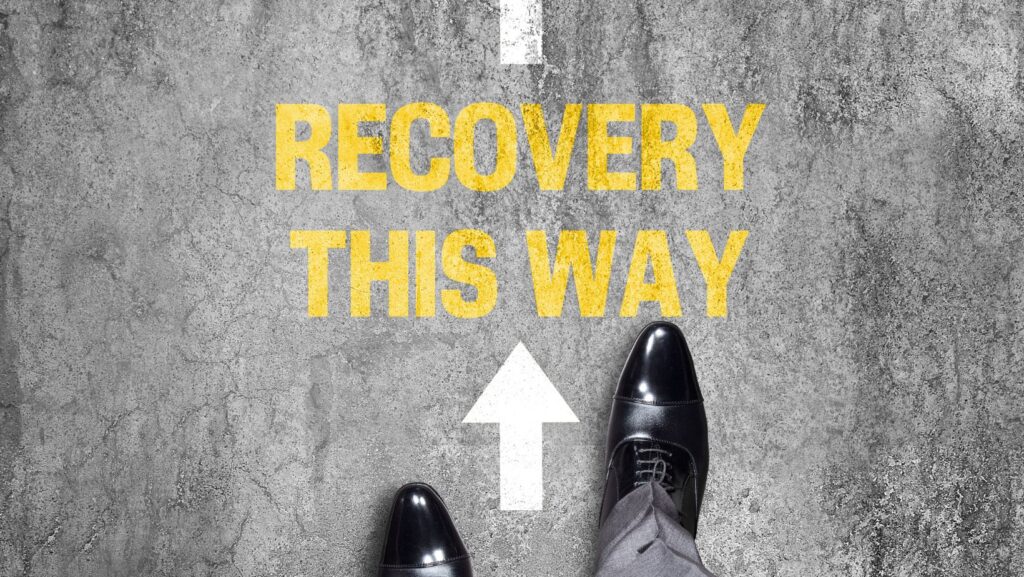
Breaking Barriers: The Impact of Community on Addiction Recovery
Addiction is a complex and multifaceted issue that affects millions of individuals and their families worldwide. Among the various forms of substance abuse, heroin addiction remains one of the most challenging to overcome. The journey to recovery can be long and arduous, often requiring more than just medical intervention; it necessitates a robust support system. Community support plays a crucial role in helping individuals navigate the difficult path of recovery, offering emotional, social, and practical assistance that can make all the difference.
The Role of Community in Recovery
Community support encompasses a wide range of resources, including family, friends, support groups, and local organisations. Research indicates that individuals who engage with supportive communities during their recovery process are significantly more likely to achieve long-term sobriety. According to the National Institute on Drug Abuse, those who participate in community support groups have a 50% higher chance of maintaining their sobriety compared to those who do not. This statistic underscores the importance of fostering connections and building a network of support.
The sense of belonging that comes from being part of a community can help individuals feel less isolated in their struggles. Many people battling addiction experience feelings of shame, guilt, and loneliness, which can exacerbate their condition. Community support offers a safe space where individuals can share their experiences, learn from others, and receive encouragement. This shared understanding can be incredibly powerful, as it reminds individuals that they are not alone in their fight against addiction.
Types of Community Support
There are various forms of community support available for those struggling with addiction. Support groups, such as Alcoholics Anonymous (AA) and Narcotics Anonymous (NA), provide a platform for individuals to connect with others who have faced similar challenges. These groups often follow a 12-step programme, which encourages members to share their stories, provide mutual support, and hold one another accountable. The camaraderie and understanding found in these groups can significantly enhance an individual’s recovery journey.
In addition to support groups, local organisations and community centres often offer resources such as counselling services, workshops, and educational programmes. These resources can help individuals develop coping strategies, learn about the nature of addiction, and build essential life skills. Many communities also provide access to recreational activities, which can be beneficial in fostering social connections and encouraging a healthy lifestyle.
The Family’s Role in Community Support
Family members play a vital role in the recovery process as well. A supportive family can provide the emotional backing and stability needed for an individual to overcome their addiction. Open communication, understanding, and encouragement from family can significantly impact an individual’s motivation to change. However, it is essential for families to educate themselves about addiction and its effects to provide the most effective support.

Family therapy can be an invaluable resource, helping to mend relationships that may have been strained due to addiction. This type of therapy allows family members to express their feelings, address underlying issues, and learn how to communicate more effectively. By working together, families can create a nurturing environment that promotes healing and recovery.
Overcoming Stigma Through Community Engagement
One of the significant barriers to seeking help for addiction is the stigma associated with it. Many individuals fear being judged or ostracised by their communities, which can prevent them from reaching out for support. Community engagement is crucial in combating this stigma. By fostering open discussions about addiction and recovery, communities can create an environment where individuals feel safe seeking help.
Educational initiatives that raise awareness about the realities of addiction can also help dispel myths and misconceptions. When communities come together to support individuals in recovery, they contribute to a culture of understanding and compassion. This shift in perspective not only benefits those struggling with addiction but also enriches the community as a whole.
Building a Supportive Community
Creating a supportive community requires active participation from all members. Individuals can contribute by volunteering at local organisations, attending support group meetings, or simply being there for someone in need. Communities can also establish initiatives that focus on addiction prevention and recovery, such as workshops, outreach programmes, and community events that promote healthy lifestyles.
Local governments and organisations can play a pivotal role in this process by providing funding and resources for addiction recovery programmes. By investing in community support systems, they can help create a network of care that benefits everyone.
The journey to overcoming addiction is often fraught with challenges. However, the importance of community support cannot be overstated. By fostering connections, providing resources, and combating stigma, communities can create an environment that encourages recovery and healing. Individuals who engage with supportive networks are more likely to achieve long-term sobriety and rebuild their lives. As we continue to address the addiction crisis, it is essential to recognise the power of community and the vital role it plays in supporting those on the path to recovery. Together, we can create a more compassionate and understanding society, paving the way for lasting change and hope.





